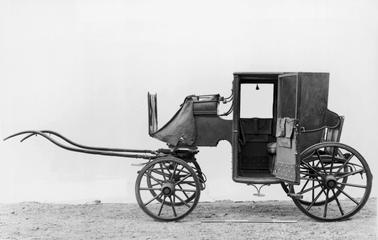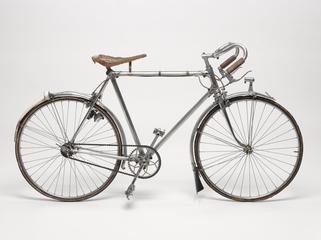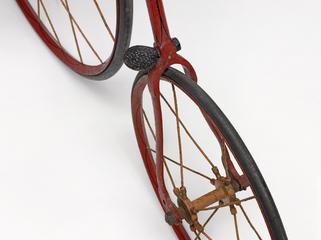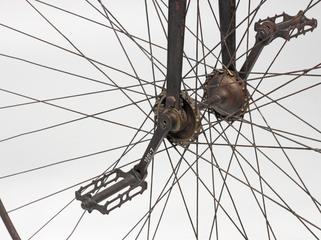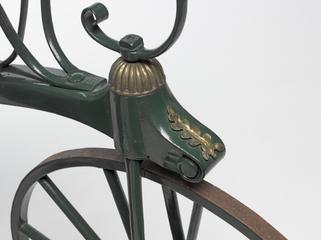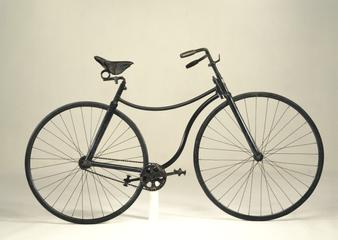
Sno-Cat Model 743 Tracked Vehicle
- Made:
- 1955 in United States and Oregon
- maker:
- Tucker Sno-Cat Corporation




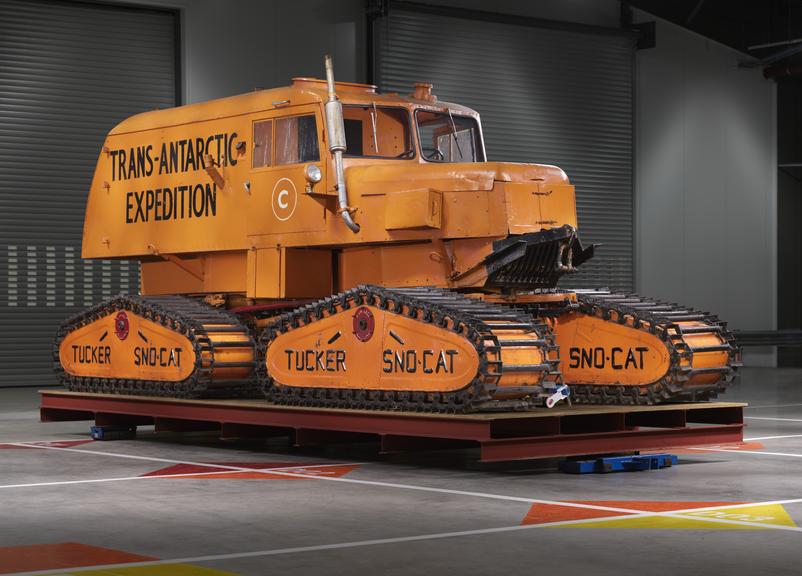


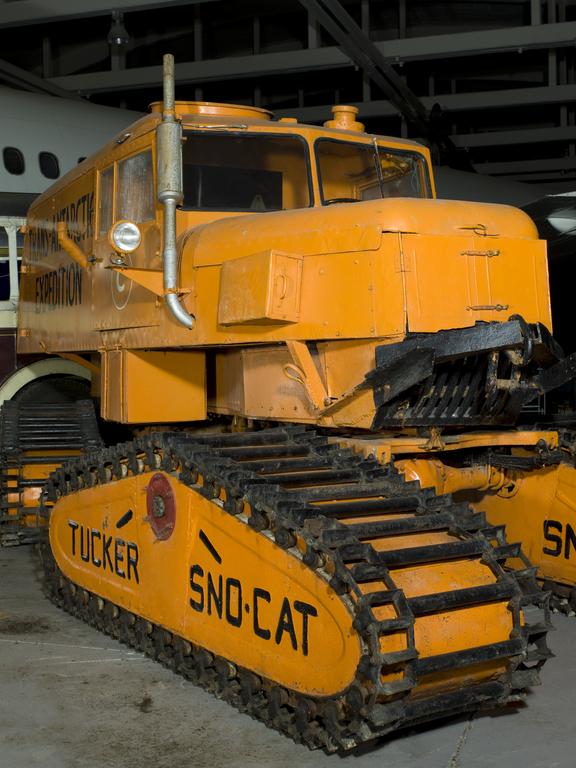
Tucker Sno-cat ®, type 743, by Tucker Sno-Cat ® Corporation, Oregon, United States, America, 1955.
This Sno-cat was one of four to be used in the Commonwealth Trans-Antarctica Expedition from 1955-8. The Sno-cat had been developed to negotiate very soft snow to maintain telephone lines in North America, so needed a few alterations to survive Antarctica where there were highs of -40°F and powerful snow drifts. This included a special anti-freeze engine lubricant, sealing every hole or crevice and lagging the cabin with inch-thick cellular plastics. The expedition itself involved scientists from Britain, Australia, New Zealand and South Africa. It was the first motorised crossing of the continent and it aimed to carry out a complete physical and scientific survey along the route of the crossing including recordings of the Earth’s magnetic field and meteorological and glaciological studies.
Details
- Category:
- Road Transport
- Object Number:
- 1981-1273
- Materials:
- metal (unknown), copper (alloy), wood (unidentified), plastic (unidentified), foam, rubber (unidentified), glass, synthetic textile and paint
- Measurements:
-
overall: 2600 mm x 6300 mm x 2300 mm, 1360kg
- type:
- ground vehicle and tracked vehicle
- credit:
- Bromfield, R.
